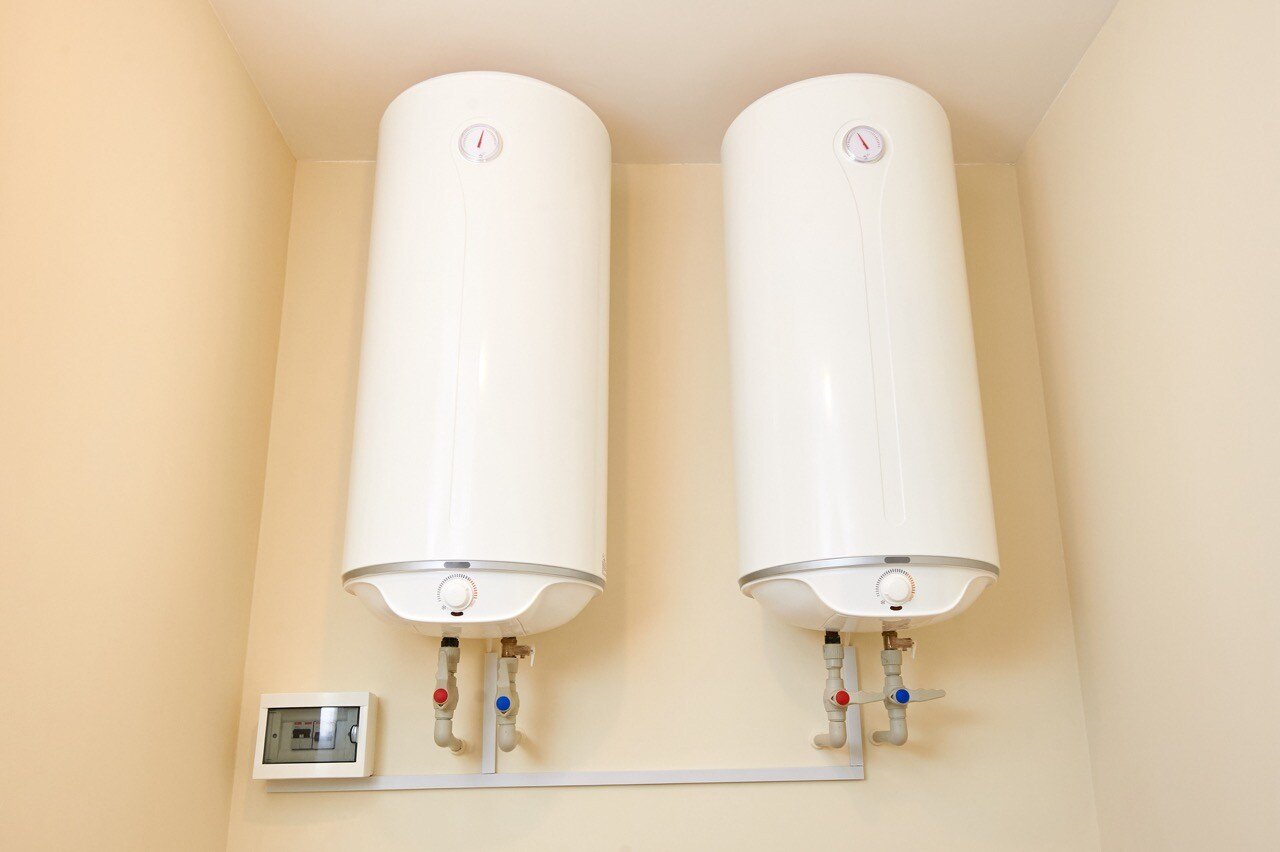
A water heater is one of those household appliances that we often take for granted—until it stops working. But did you know your water heater often gives you signs before it completely breaks down? Recognizing these signs early can save you from taking cold showers and potentially expensive emergency repairs. This blog post will explore the top signs that your water heater needs repair, especially if you live in Portland, OR.
Why You Shouldn’t Ignore Water Heater Issues
Ignoring water heater problems can lead to bigger headaches down the road. Not only can a faulty water heater leave you without hot water, but it can also cause property damage due to leaks or even present safety hazards like gas leaks. By being proactive, you can catch issues early, extend the life of your water heater, and ensure a consistent hot water supply for your home. Understanding the common signs of trouble will help you know when to call a professional for water heater repair in Portland, OR.
Unusual Noises Coming from Your Water Heater
When everything is working properly, your water heater should operate quietly in the background. If you start hearing strange noises like popping, banging, or rumbling, it is a clear sign that something is not right. These noises are often caused by sediment build-up at the bottom of the tank. The sediment hardens over time and causes the water heater to work inefficiently. Flushing the tank regularly can help solve the issue.
Inconsistent Water Temperature
Consistent water temperature indicates that your water heater is in good shape. If you notice fluctuations, such as the water being hot one minute and cold the next, this inconsistency usually signals a problem. This issue might be caused by a malfunctioning thermostat, a failing heating element, or sediment build-up. Proper maintenance or minor repairs can address all of these issues.
Discolored Water
Clean, clear water is what you expect from your taps. If you notice rusty or muddy water, it is a sign that your water heater may need attention. Discolored water often indicates corrosion inside your water heater tank or the pipes connected to it. It could also mean that the anode rod, which helps prevent rust, is failing and needs to be replaced. Immediate attention to this issue is crucial as it can affect the quality of your water and potentially damage your plumbing system.
Reduced Hot Water Supply
If you find that your hot water runs out quickly, it is time to investigate. A decrease in hot water supply can be particularly annoying, especially during the colder months in Portland, OR. This problem could be due to sediment build-up or an aging water heater that can no longer meet your household’s demand. A professional can diagnose the issue and recommend whether a repair or replacement is necessary.
Leaks and Moisture Around the Unit
Any sign of leaks or moisture around your water heater should be addressed immediately. While minor condensation is normal, visible puddles or dampness signal a serious problem. Leaks often indicate internal issues, such as corrosion or cracks in the tank. Ignoring leaks can lead to significant water damage, mold growth, and even structural damage to your home.
Foul Smelling Water
Water that smells like rotten eggs or sulfur is unpleasant and a sign of bacterial contamination in your water heater tank. This smell usually comes from the reaction between the anode rod and the bacteria in the tank. Flushing the tank or replacing the anode rod are typical remedies for this problem. Addressing foul-smelling water promptly can help maintain water quality and ensure your household’s health and safety.
Pilot Light Problems
For gas water heaters, the pilot light is essential for heating your water. If the pilot light frequently goes out or has a yellow flame instead of blue, it indicates something is wrong. A yellow flame can signal a ventilation problem, which can be dangerous due to the potential for carbon monoxide build-up. Frequent issues with the pilot light may also point to problems with the thermocouple or gas supply. Do not take risks with gas appliances; always consult a professional to resolve pilot light issues safely.
Longer Heating Times
Does your water heater take forever to heat up? If so, it is struggling and may need repairs.
Aging components, sediment build-up, or electrical issues can cause longer heating times. These factors force the water heater to work harder and less efficiently, leading to higher energy bills and inconvenient wait times for hot water. Addressing this issue early can improve efficiency and reduce costs.
Increased Energy Bills
If you notice a sudden spike in your energy bills without a corresponding increase in usage, your water heater might be the culprit. Inefficient water heaters have to work harder to heat the same amount of water, leading to higher energy consumption. Common causes include sediment build-up, aging components, or malfunctioning parts.
Age of the Water Heater
Age is one of the simplest indicators of whether your water heater needs repairs or replacement. Most water heaters last 8 to 12 years. If your unit is within this age range or older, it will likely experience problems. Regular maintenance can extend the life of your water heater, but eventually, replacement becomes necessary.
Conclusion
Your water heater is an essential part of your home, providing the hot water you need for daily activities. By recognizing the signs that your water heater needs repair, you can address issues early and avoid inconvenient and costly breakdowns. If you are experiencing any of these warning signs, do not wait. Contact a professional for water heater repair in Portland, OR, and ensure your system runs smoothly and efficiently.







